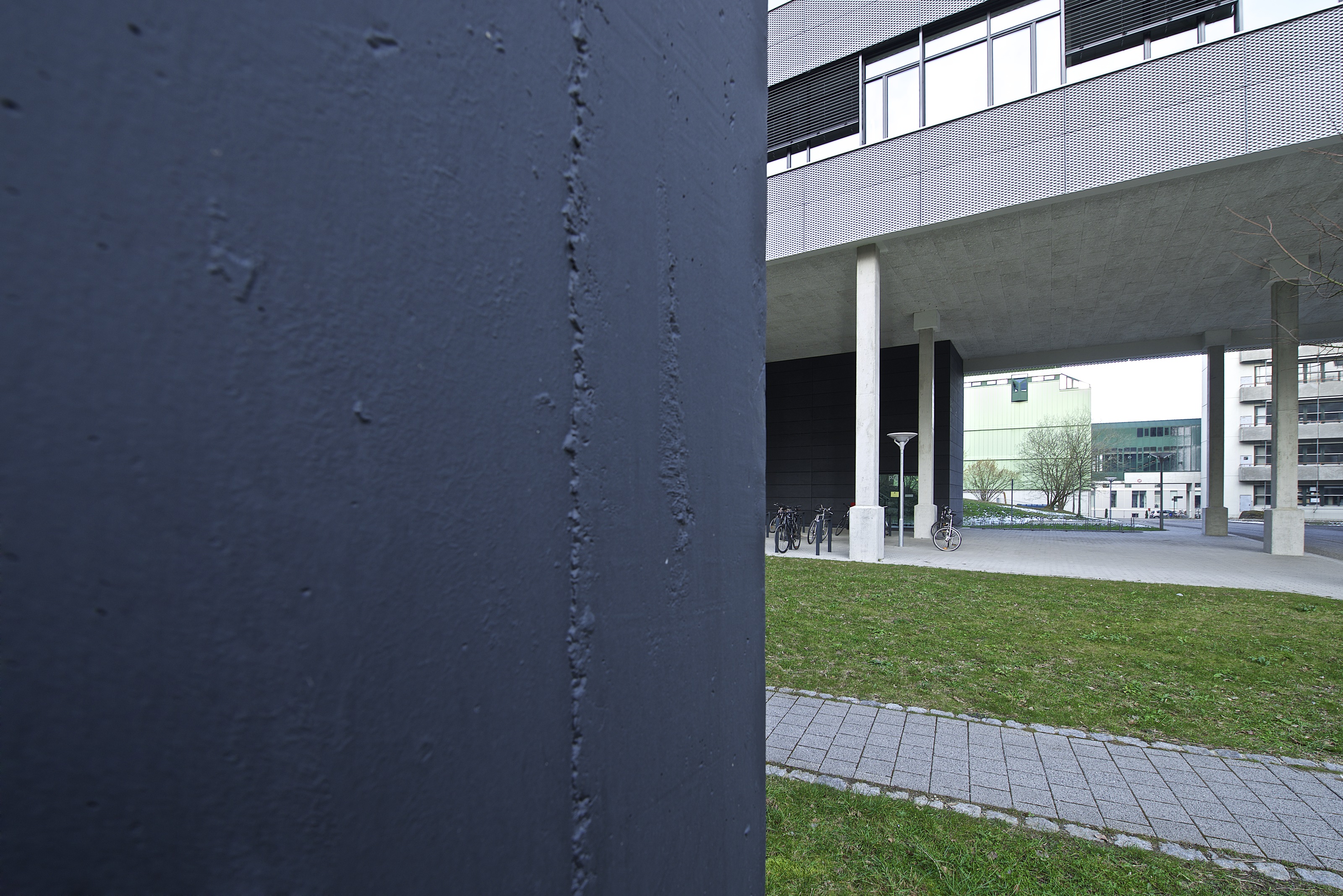
Double award for animal-free safety testing of chemicals
Lush Prize for the Konstanz toxicologists Professor Marcel Leist and Giorgia Pallocca
Two biologists from the University of Konstanz have now each been awarded the Lush Prize 2016 for their research on and development of non-animal chemical safety testing that delivers more precise results than animal experiments: Professor Marcel Leist, professor of in-vitro Toxicology and Biomedicine at the University of Konstanz, received the Lush Prize in the category "Science" and the corresponding research funding of 40,000 pounds. Doctoral student Giorgia Pallocca, staff member in the team of Marcel Leist, was awarded the Lush Prize in the category "Young Researcher" along with 12,000 pounds of prize money. The Lush Prize with its annual fund of 350,000 pounds is the highest endowed prize for toxicologic testing methods without the use of animals. The prize is awarded annually in five main categories: Lobbying, Public Awareness, Science, Training and Young Researcher. The aim is to advance the development of animal-free safety testing of chemicals and to create a public awareness for alternatives to animal testing. Both the Center for Alternatives to Animal Testing-Europe (CAAT-Europe) at the University of Konstanz, headed by Marcel Leist, and his staff member Dr Anne Krug, had already been awarded a Lush Prize in 2014.
One of the reasons that Marcel Leist began his research was the fact that "animal experiments cannot predict with certainty how humans will actually react to the tested chemicals". This is why Leist develops animal-free test procedures specifically for humans based on cell cultures. These test procedures are more precise than animal tests, as they show how human cells react to the chemicals in question. Simple human skin cells can be used to generate stem cells. These, in turn, can be used to create cell cultures and even artificial organs. These cell cultures are the basis for test batteries to study the tolerance to chemicals. Among other achievements, Marcel Leist succeeded in developing the first in-vitro toxicity test for the peripheral nervous system.
Giorgia Pallocca has conducted research on alternative test methods since 2011. She started at the European Reference Laboratory for Alternatives to Animal Testing (EURL-ECVAM) in Italy and has been a doctoral student in Marcel Leist's research team since 2013. "We are especially interested in finding out how we can use alternative systems to understand the mechanisms behind and effects of chemical toxicity on the human body", explains Giorgia Pallocca. In her doctoral thesis she investigates the toxic effects of chemicals and drugs on the development of embryos in early pregnancy.
Marcel Leist holds the Doerenkamp-Zbinden Chair of in-vitro Toxicology and Biomedicine at the University of Konstanz. He and Professor Thomas Hartung from the Johns Hopkins Bloomberg School of Public Health (USA) founded the Center for Alternatives to Animal Testing Europe (CAAT-Europe). In 2015, Marcel Leist received the “Tierschutzforschungspreis” (animal protection research prize) from the German Federal Ministry of Food, Agriculture (BMEL).
Facts:
- The Lush Prize with its annual fund of 350,000 pounds is the highest endowed prize for toxicological test methods without animal experiments.
- The aim is "to bring forward the day when safety testing takes place without the use of animals".
- The prize has been awarded annually in five categories since 2012: Lobbying, Public Awareness, Science, Training, Young Researcher.
- Initiators of the Lush Prize are the British cosmetics retailer Lush, which sees itself as an "ethical brand" and promotes products that are created without animal experiments, as well as the British non-profit publisher Ethical Consumer.
